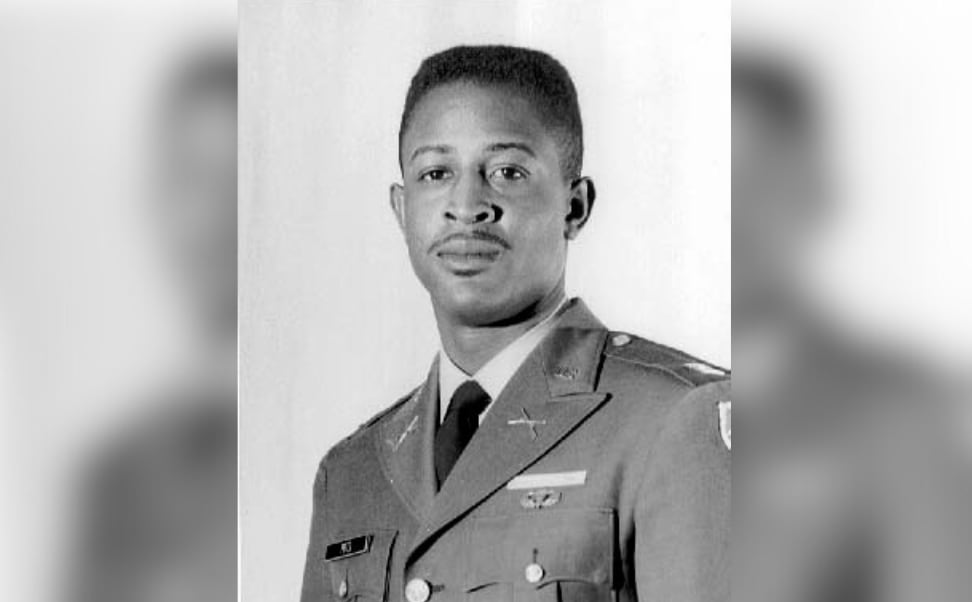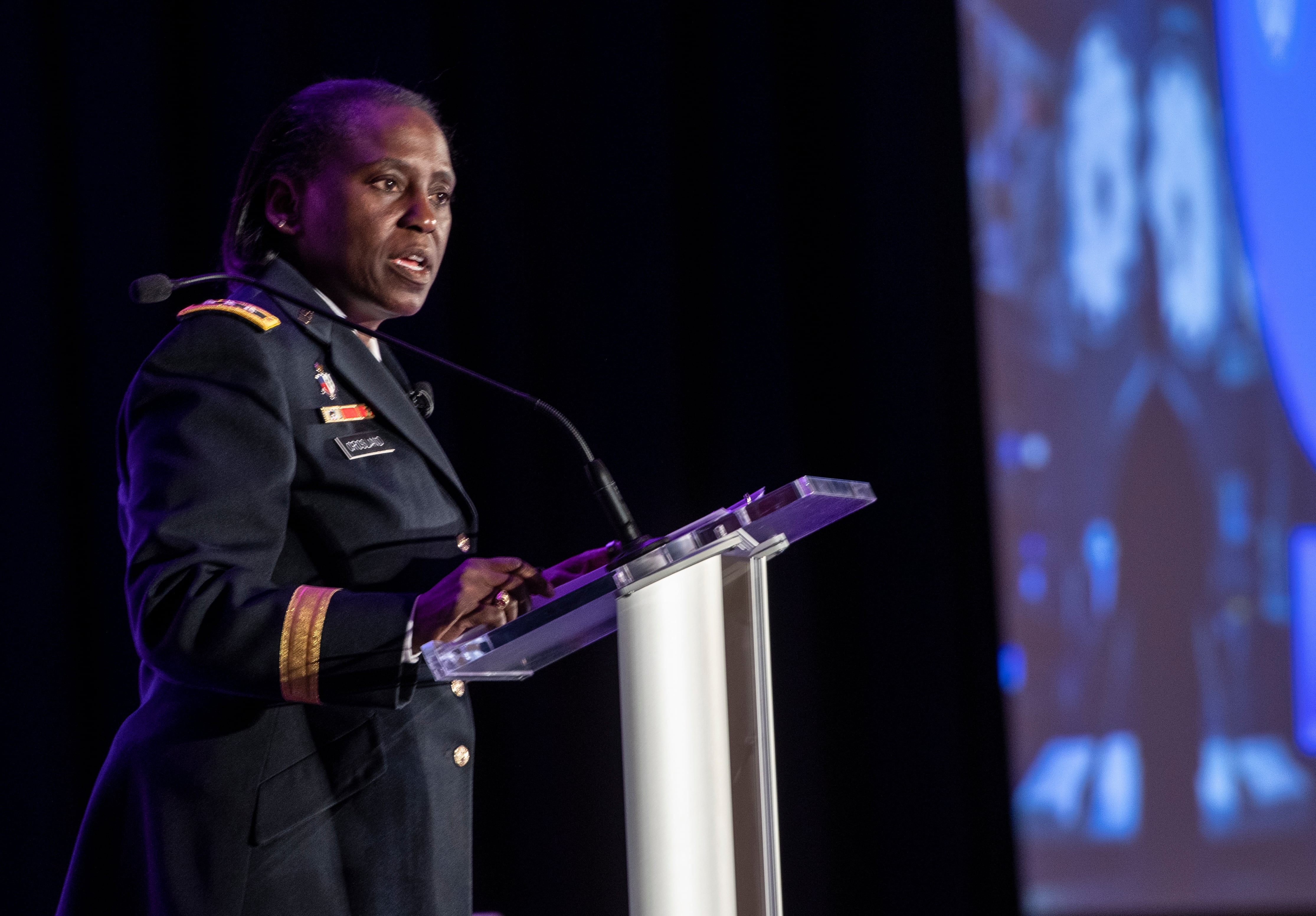A Florida congressman upset by the “very preventable” training death of one of his constituents has asked leaders of the House Armed Services Committee to hold a public hearing “to get to the bottom of these tragic accidents.”
Republican Rep. Vern Buchanan earlier sponsored an amendment to this year’s defense bill requiring the Pentagon to examine emergency medical services at its bases following the death of Spc. Nicholas C. Panipinto. The 20-year-old died when his M2A3 Bradley Fighting Vehicle overturned at Camp Humphreys, South Korea, on Nov. 6.
An investigation identified a range of issues that played roles in Panipinto’s death, Buchanan said. There was a lack of emergency services on base and there were delays in the medical response, as well as malfunctions within the vehicle’s communication systems and other defective equipment.
Then, in late July, an amphibious assault vehicle sank off the coast of southern California during a training exercise, taking the lives of eight Marines and one sailor. The losses added more “tragic examples showing the obvious need for reforms to military training,” Buchanan said in a letter to the HASC leaders.
“That is why I am calling for the House Armed Services Committee to immediately hold a public hearing looking into the disturbing frequency of U.S. military training accidents around the world and to examine potential reforms to help save lives,” Buchanan said.
“The recent deadly accident in California is the third accident involving an amphibious assault vehicle at Camp Pendleton in the past decade, accidents in 2011 and 2017 left one service member dead and 15 injured,” Buchanan added.
The training deaths over the past few years have not been limited to armored and amphibious vehicles.
In 2019, Army Spc. Nicholas DiMona III died during a live-fire exercise in Alaska that some fellow soldiers said lacked control and felt rushed, according to witness statements obtained by Army Times. Soldiers also said that nighttime targets were not always clearly marked as they shot without tracer rounds, the roles of safety and training personnel were mixed and there was confusion among soldiers regarding the shifting and lifting of gunfire.
RELATED
Soldier’s ‘very preventable death’ prompts amendment ordering review of military MedEvac services
A year earlier, Army Chief Warrant Officer 4 Paul J. Reidy died while training Saudi pilots in Riyadh. Reidy, who spent his career flying AH-64 Apaches, was given “minimal preparation” to train students on the much lighter AH-6i helicopter, according to a mishap investigation obtained by Army Times. Also, the instruction of Saudi pilots should have been conducted by Boeing civilian contractors, the investigation stated.
Even overseas, fatalities involving vehicle rollovers still occur. On July 3, Army Spc. Vincent S. Ibarria died in a rollover incident in Farah province, Afghanistan. Weeks later, Army Sgt. Bryan C. Mount died from injuries he suffered when his vehicle also rolled in Syria. The investigations into those incidents are ongoing.
In his letter to House leaders, Buchanan cited a recent Congressional Research Service report that said nearly 32 percent of active-duty military deaths between 2006 and 2020 were the result of training accidents, a number that far outpaces combat deaths.
“The highest tribute that can be paid to the soldiers lost in training accidents is to enact reforms that ensure that these mistakes never happen again,” Buchanan said. “We cannot afford to wait any longer and risk the health and safety of our men and women in uniform.”
Kyle Rempfer was an editor and reporter who has covered combat operations, criminal cases, foreign military assistance and training accidents. Before entering journalism, Kyle served in U.S. Air Force Special Tactics and deployed in 2014 to Paktika Province, Afghanistan, and Baghdad, Iraq.





